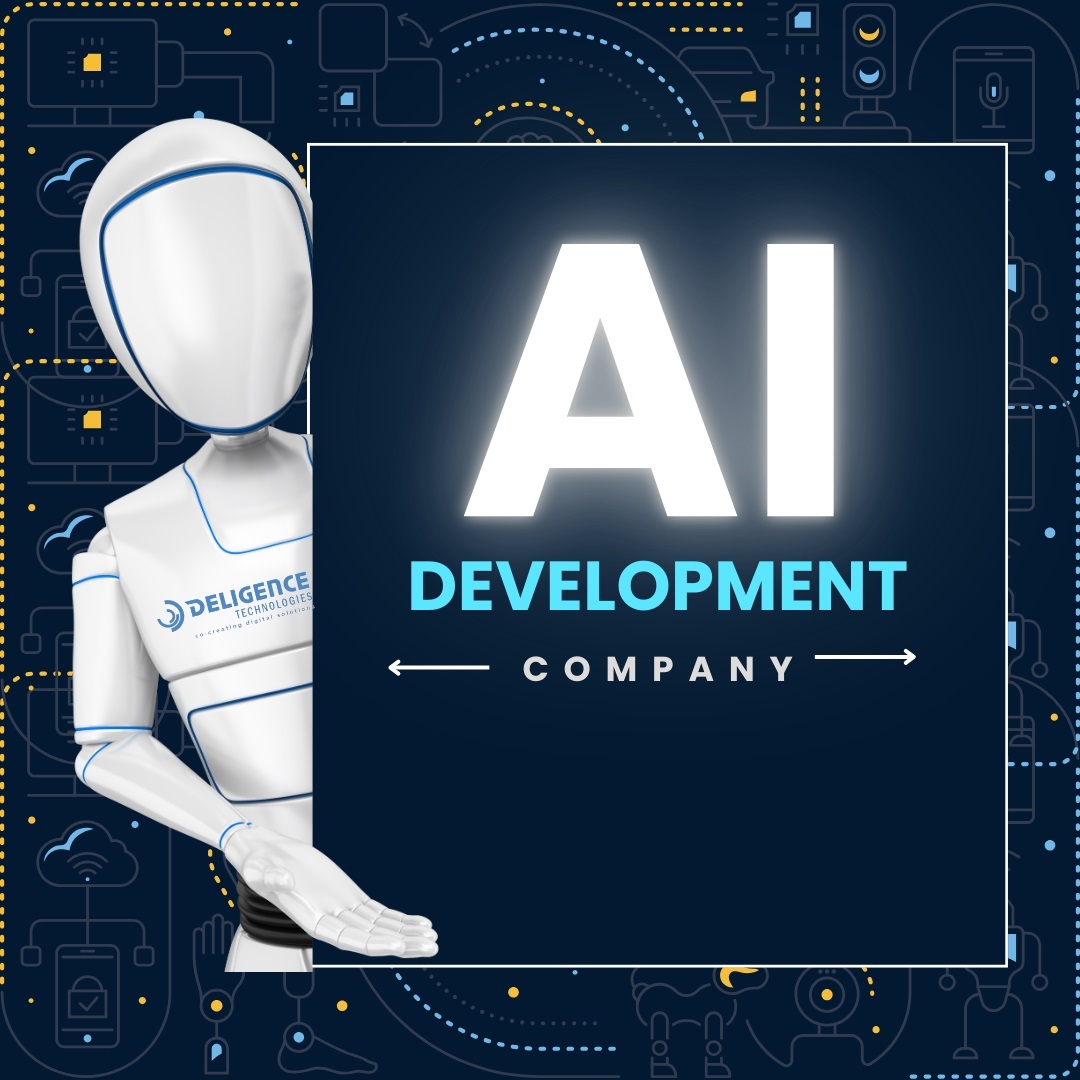 Launch apps instantly. Claim $200 credits on DigitalOcean for free!
Launch apps instantly. Claim $200 credits on DigitalOcean for free!
Scaling AI Development: Strategies for Small and Large Enterprises
Written by Joe William » Updated on: November 11th, 2024
In today's rapidly evolving technological landscape, organizations of all sizes are recognizing the transformative potential of artificial intelligence. Working with an experienced AI development company has become crucial for businesses looking to stay competitive, whether they're making their first AI investments or scaling existing initiatives.
Understanding the AI Development Landscape
The journey toward AI implementation varies significantly between small businesses and large enterprises. While larger organizations often have substantial resources at their disposal, smaller companies can leverage their agility and focused approach to achieve remarkable results. The key lies in choosing the right strategy that aligns with your organization's size, resources, and objectives.
Starting Small: Strategic Approaches for SMEs
Small and medium-sized enterprises (SMEs) face unique challenges when venturing into AI development. Limited budgets and technical expertise often necessitate creative solutions. Here's how smaller organizations can effectively approach AI development:
1. Focus on Specific Use Cases
- Start with well-defined problems that directly impact business outcomes
- Prioritize projects with clear ROI potential
- Build momentum through quick wins and demonstrable results
2. Leverage External Expertise
- Select a reputable AI development company with experience in your industry
- Utilize pre-built AI solutions and APIs
- Invest in training existing staff while gradually building internal capabilities
3. Adopt Agile Development Practices
- Implement iterative development cycles
- Gather continuous feedback from stakeholders
- Adjust strategies based on real-world results
Enterprise-Scale Implementation
Larger organizations face different challenges, often related to coordination, integration, and scaling across multiple departments. Many enterprises choose to partner with a specialized AI development company to accelerate their digital transformation while maintaining focus on core business operations. Here's how enterprises can effectively scale their AI initiatives:
1. Build Robust Infrastructure
- Invest in scalable computing resources
- Establish data governance frameworks
- Implement security protocols that protect sensitive information
2. Create Centers of Excellence
- Establish dedicated AI teams
- Develop internal best practices and standards
- Foster knowledge sharing across departments
3. Balance Build vs. Buy Decisions
- Assess when to develop in-house solutions
- Evaluate partnerships with leading AI development companies
- Consider hybrid approaches that combine internal and external expertise
Essential Components for Successful AI Implementation
Regardless of organization size, certain elements are crucial for successful AI development:
Data Strategy
- Implement robust data collection methods
- Ensure data quality and accessibility
- Develop clear data governance policies
- Address privacy and compliance requirements
Talent Management
- Recruit and retain AI specialists
- Provide continuous learning opportunities
- Create clear career paths for AI professionals
- Foster collaboration between technical and business teams
Technology Infrastructure
- Choose appropriate development tools and platforms
- Ensure scalability of solutions
- Maintain security and compliance standards
- Plan for future growth and adaptation
Overcoming Common Challenges
Organizations often encounter similar obstacles when scaling AI development:
1. Technical Debt
- Regular code reviews and documentation
- Continuous integration and deployment practices
- Technical architecture assessment and updates
2. Change Management
- Clear communication of AI initiatives
- Stakeholder engagement and buy-in
- Training and support for affected employees
3. Resource Allocation
- Balanced investment across projects
- Regular ROI assessment
- Flexible resource management strategies
Future-Proofing Your AI Strategy
As AI technology continues to evolve, organizations must prepare for future developments:
1. Stay Current with Trends
- Monitor emerging AI technologies
- Assess potential impact on business operations
- Plan for integration of new capabilities
2. Build Adaptable Systems
- Design flexible architectures
- Implement modular solutions
- Maintain upgradeability of systems
3. Foster Innovation Culture
- Encourage experimentation
- Support continuous learning
- Reward innovative thinking
Conclusion
Successful AI development and scaling require a thoughtful approach that considers organizational size, resources, and objectives. Whether you're a small business taking your first steps into AI or a large enterprise expanding existing capabilities, partnering with the right AI development company can accelerate your journey. The key is to maintain focus on business value while building sustainable, scalable solutions that can grow with your organization.
Remember that AI implementation is not a one-time project but a continuous journey of learning, adaptation, and improvement. By following these strategies and maintaining a clear vision of your objectives, organizations of any size can successfully scale their AI initiatives and realize the transformative potential of artificial intelligence in their operations.
Disclaimer:
We do not claim ownership of any content, links or images featured on this post unless explicitly stated. If you believe any content or images infringes on your copyright, please contact us immediately for removal ([email protected]). Please note that content published under our account may be sponsored or contributed by guest authors. We assume no responsibility for the accuracy or originality of such content. We hold no responsibilty of content and images published as ours is a publishers platform. Mail us for any query and we will remove that content/image immediately.
Copyright © 2024 IndiBlogHub.com. Hosted on Digital Ocean




